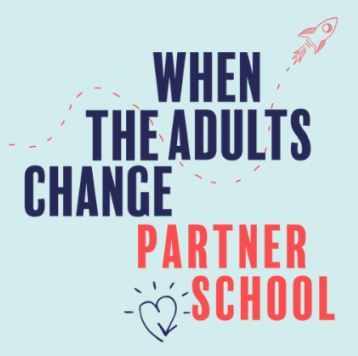Religious Education
Intent
The aim of the RE Curriculum is for children to have a deeper understanding of different world religions and beliefs. They should be able to understand similarities and differences between these and understand how their own beliefs link to those of others. Children should have a mutual respect for those from different backgrounds and understand that religious beliefs should not have an effect on friendships or the way in which people are treated.
Implementation
The RE curriculum teaches children about religious beliefs and customs and gives them the opportunity to discuss what we can learn from them. In EYFS, the children discuss world festivals and celebrations as they happen. The children learn why and how the festivals are celebrated and talk about their own personal experiences. They also discuss objects, places and people that are important to them in order to learn more about kindness and begin to build an understanding of why people’s beliefs are important. In KS1 and KS2, the children follow a question-based approach. KS1 is mainly focused on Christianity, where children learn about different Christian stories and festivals. They are given the opportunity to compare these to those of other world religions. The children are encouraged to use some subject-specific vocabulary and ask questions. They will also begin to express their opinions on their learning. Over the course of KS2, the children study each of Christianity, Buddhism, Sikhism, Islam, Hinduism and Judaism, as well as Humanism, twice in alternate year groups. The children will use further subject-specific vocabulary and will be encouraged to ask and answer questions. They will also be able to express their opinions in more detail. As well as regular RE weeks, children will have the opportunity to take part in talks and workshops, delivered by people from different communities and beliefs that relate to festivals in the year or their learning. From Year 1 upwards, all the children will get the experience to visit different places of worship every year to give them a broader understanding of different religions and practices. RE lessons will include a range of teaching styles and strategies to ensure that they are engaging. Where possible, RE learning will be linked to other learning in the curriculum. In KS1, the children will have the opportunity to visit their parallel class at the end of RE week to discuss their learning. In KS2, alternate year groups will be investigating the same question, so at the end of the week, year groups will join together to share learning and discuss their understanding of the question. As RE lessons will include different teaching strategies, all learners will be able to participate in the learning. Children with SEN will have access to extra resources that can scaffold their learning and, where appropriate, will be paired with talk partners that can help support them. More able pupils will be encouraged to raise deeper questions and express their own views in more detail with reasons for their opinions.
Impact
By the time children leave Allfarthing in Year 6, we want them to understand how their own beliefs link with those of others and the wider community. They should have respect for the beliefs, backgrounds and cultural differences of anyone around them. They should understand and emulate the fact that EVERYONE should be treated fairly and equally.








Our Twitter